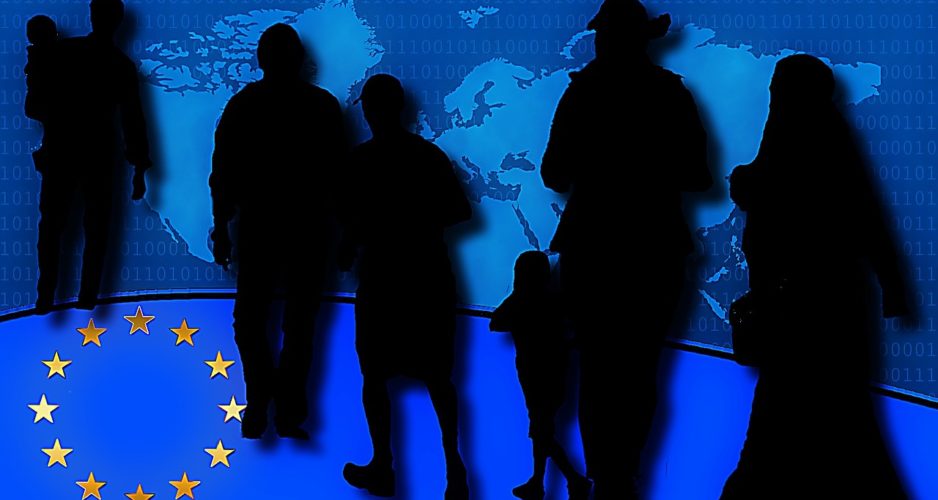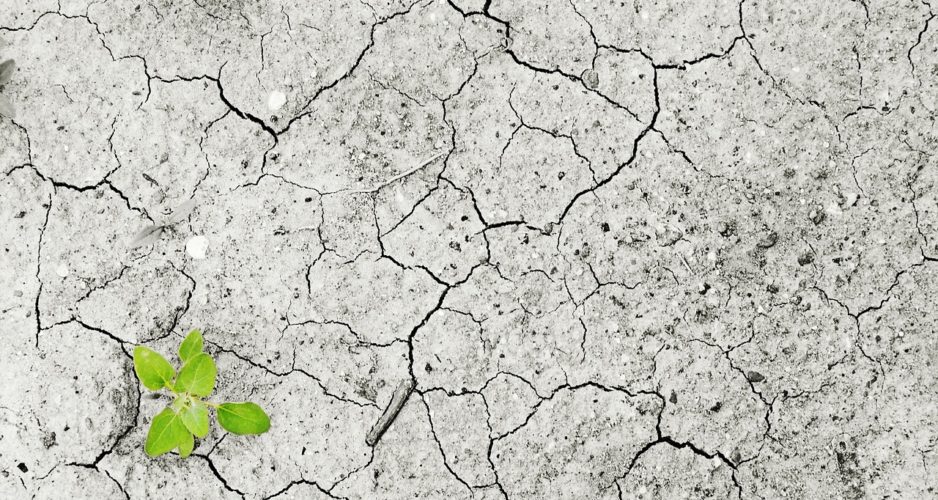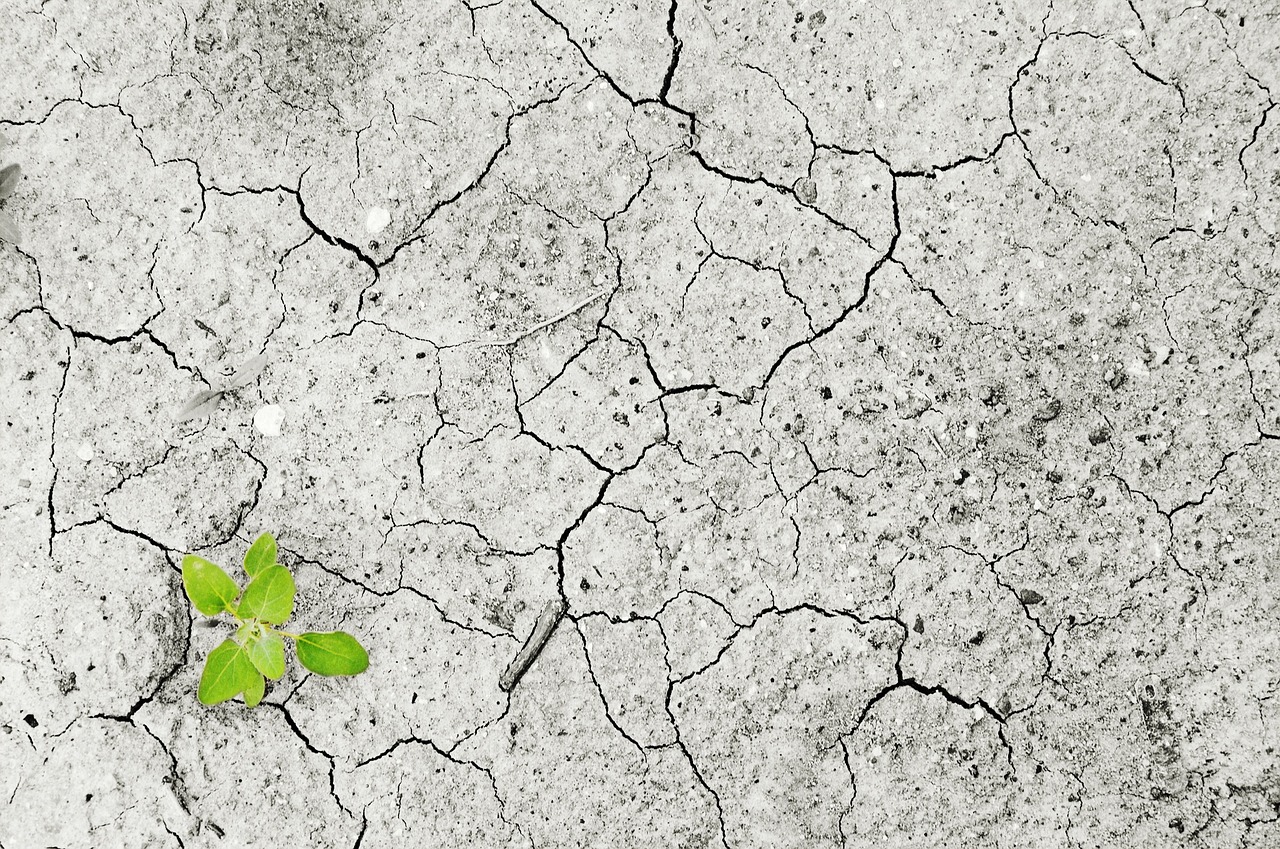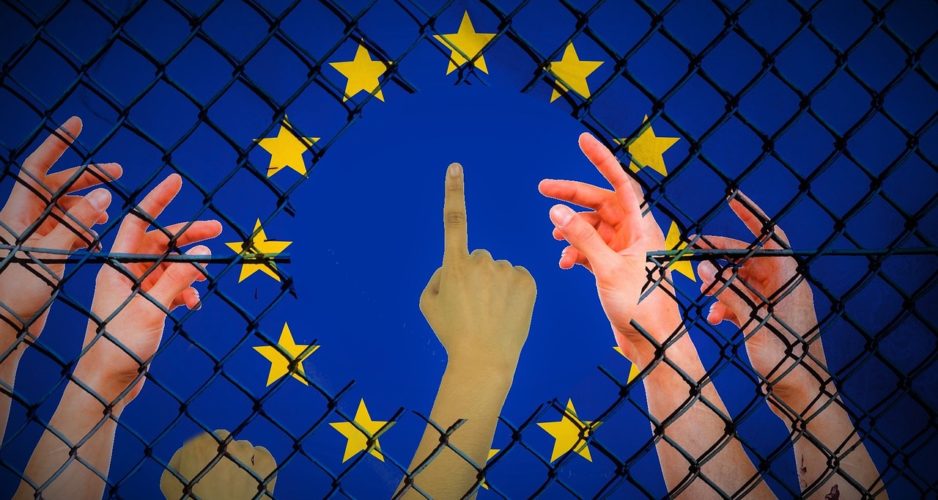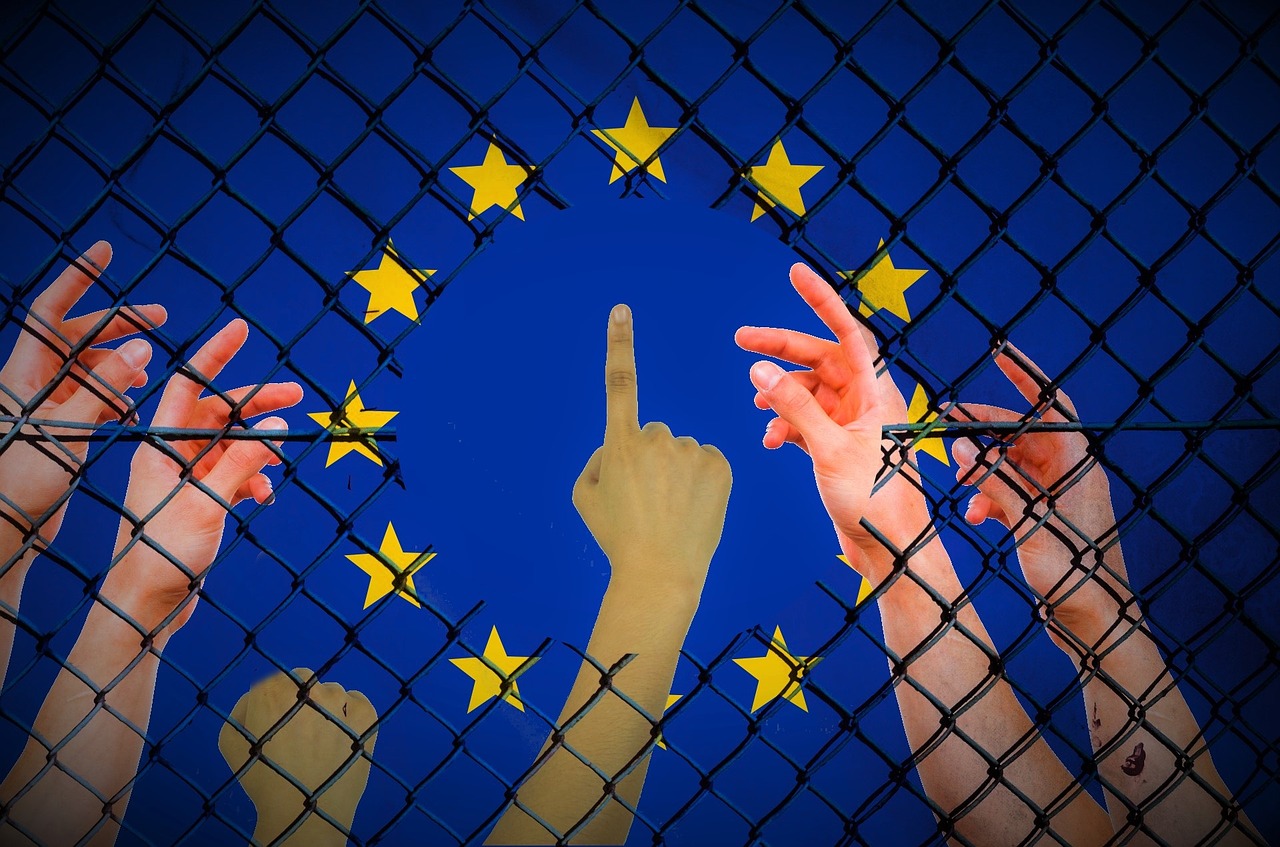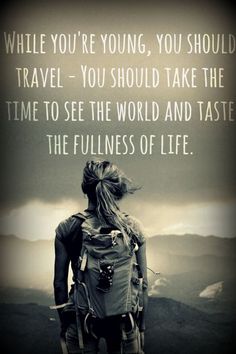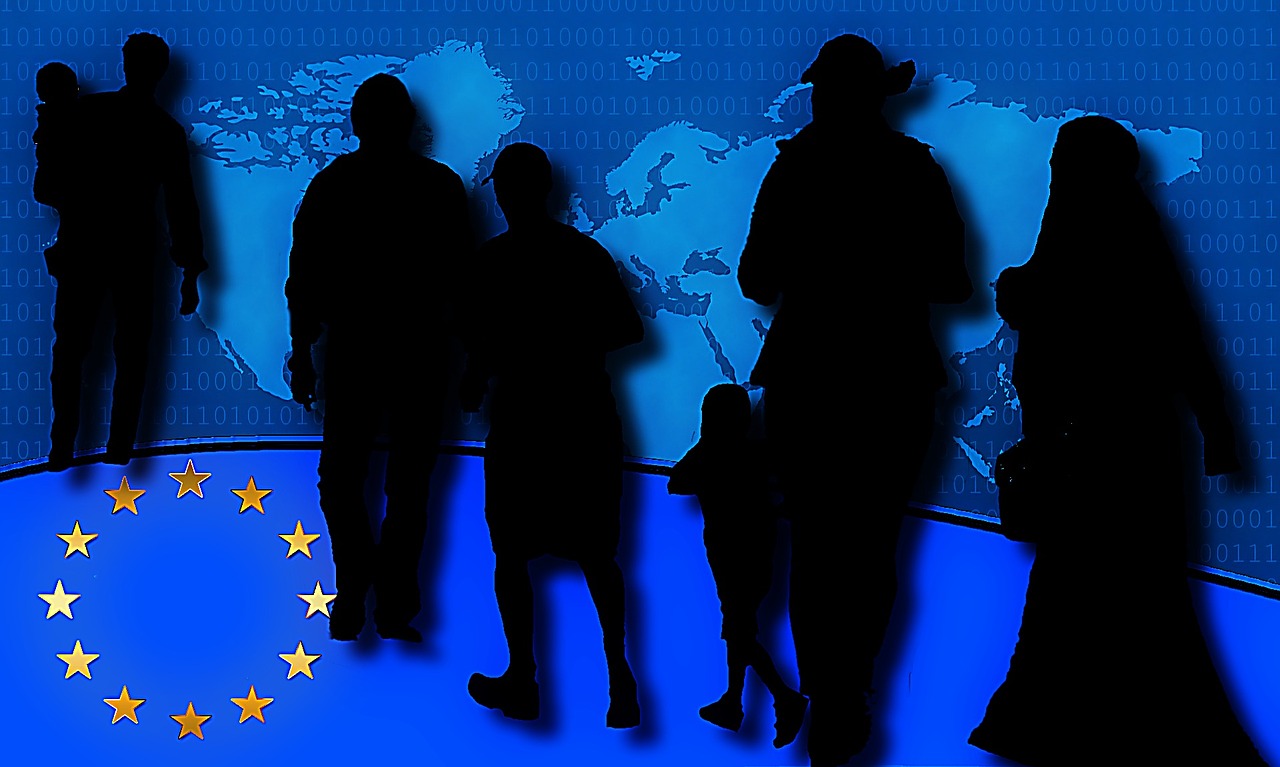 Climate change – a change in global or regional climate patterns, in particular a change apparent from the mid to late 20th century onwards and attributed largely to the increased levels of atmospheric CO2 produced by the use of fossil fuels.
Climate change – a change in global or regional climate patterns, in particular a change apparent from the mid to late 20th century onwards and attributed largely to the increased levels of atmospheric CO2 produced by the use of fossil fuels.
Refugee – a person who has been forced to leave their country in order to escape a war, persecution, or a natural disaster.
Climate-change refugees – these are people who can no longer gain a secure livelihood in their homelands because of draught, soil erosion, deforestation and other environmental problems and are forced to move out of their countries
The Earth is facing a lot of climate challenges in the past decades, which include global warming, deforestation, pollution, flood and storm disasters and other consequences as a result of them. These climate changes also affect the life of the people, who are forced in many occasions to leave their native countries and seek other lands to inhabit and make a living because they no longer can provide for themselves, or it is even dangerous to live in these areas.
They seek refuge and a safe place to live because their homes have been often destroyed by natural disasters- natural disasters caused by people or pollution.
They seek refuge and a safe place to live because their homes have been often destroyed by natural disasters- natural disasters caused by people or pollution. This problem will continue to exist and even get worse if we don’t come up with a solution. Otherwise more and more refugees will come from the environmentally unsafe countries. And after some time, space will become less and slowly but surely the states which shelter the climate-change refugees will be overpopulated. Criminal behavior may occur along with other refugee crisis e.g. assaults against the ones seeking new homes. Poverty is another problem, as there may not be enough resources in the overpopulated areas to provide living for these climate refugees.
In 1995 the so-called environmental refugees totaled at least 25 million people, compared with 27 million traditional refugees (people running away from political conflicts, religious persecution and ethnic problems). The climate-change refugees could well double by 2010. When the global warming takes hold, there could be as many as 200 million people overtaken by rainfall regimes, by droughts of unprecedented duration and severity, and by sea-level rise and coastal flooding. * Based on Myers, N and Kent J (1995) Environmental Exodus: An Emergent Crisis in the Global Arena.
The direction of movement as predicted of scientists will be mainly from south towards north and from east towards west. This immigration will cause extreme overpopulations on small areas. One of the main problems considered, perhaps as the most vital for all of us is the food supplying. Some 20 countries with a projected population of 440 million are expected to experience up to 25% shortfall in food supplies. In addition most of the areas, which produce the most of our food and which we import from, will be destroyed due to the climate changes and more than approximately 10 to 20 million or even more people will be semi-starved by 2050.
Climate-change refugees run away because of climate change, as the name suggests. And along with the name comes the main goal we have to achieve in order these people to keep their homes – we have to change the climate as it used to be before the pollution started. And there are many things that can be done and which do not require spending money. For example, reduction of use in fossil fuels, less deforestation, as they both result in too much CO2, are the perfect ways to start our mission to save our planet and save the people. Other actions which can be taken are: walking to school, smart energy use (we should turn off the lights when walking out of the room), smart water use (we should turn off the sink tap) – these methods can help the reduction in carbon pollution over time.
Personally, I think this global problem should be voiced whenever, especially from the youths because as many surveys say the adults start to acknowledge the things they used to dismiss when the youth starts voice their opinion.
The climate-change refugee crisis has been known to exist since the second part of the 20th century. Many politicians have talked openly about the problem. But still nowadays not many of us understand the threat that’s been lurking around for years and the climate-change refugees are just the beginning. Personally, I think this global problem should be voiced whenever, especially from the youths because as many surveys say the adults start to acknowledge the things they used to dismiss when the youth starts voice their opinion. In order for our mission to begin and be successful we have to start from somewhere, we have to help raise the public awareness and I think we, the young generation, should be the beginning. We should be the change!
About the author:
 Katya Georgieva Ivanova took (16) part in the My Europe Workshop in Sofia on 28-29 November 2016 and won the fourth prize of the writing competition.
Katya Georgieva Ivanova took (16) part in the My Europe Workshop in Sofia on 28-29 November 2016 and won the fourth prize of the writing competition.

